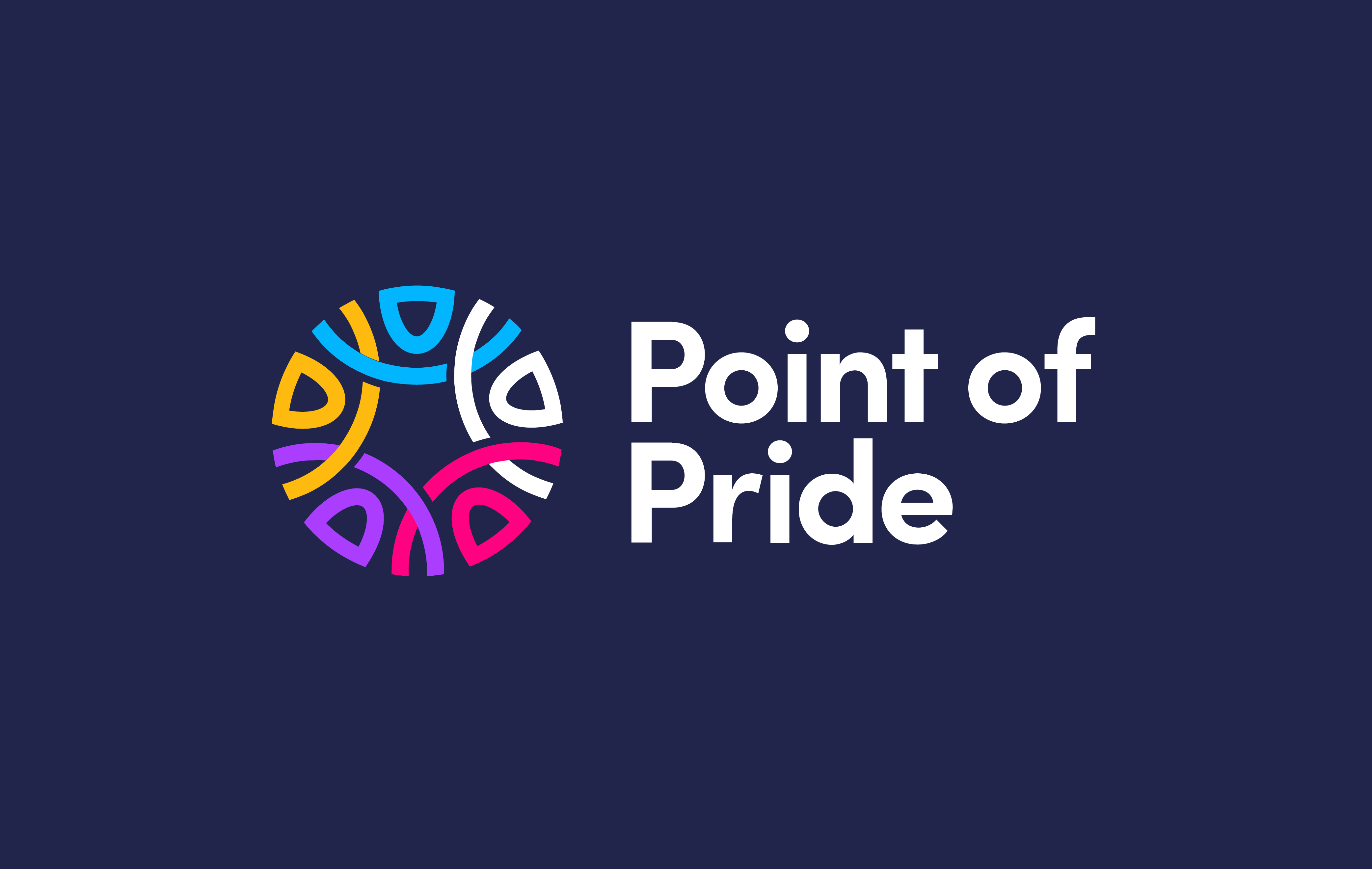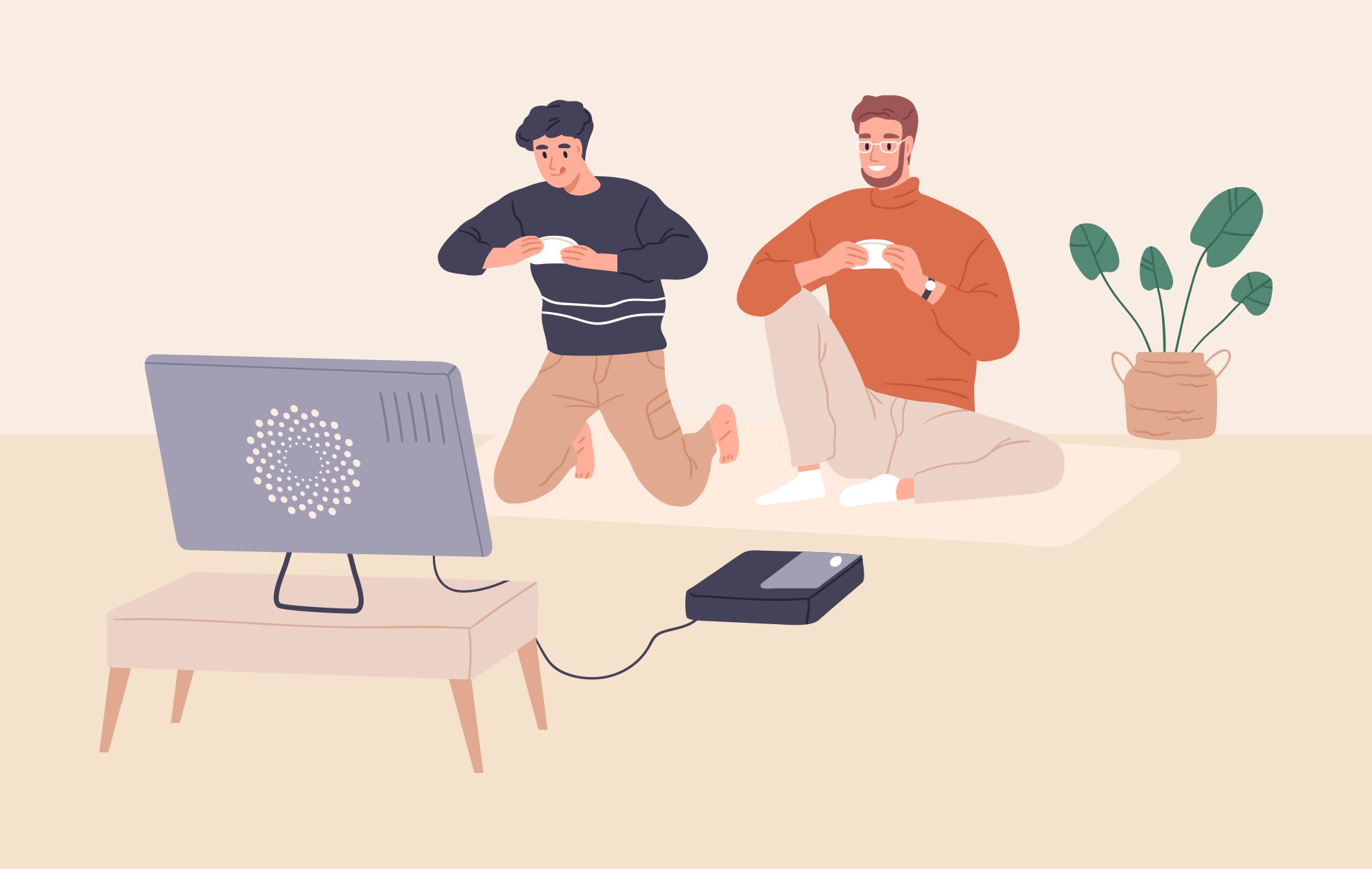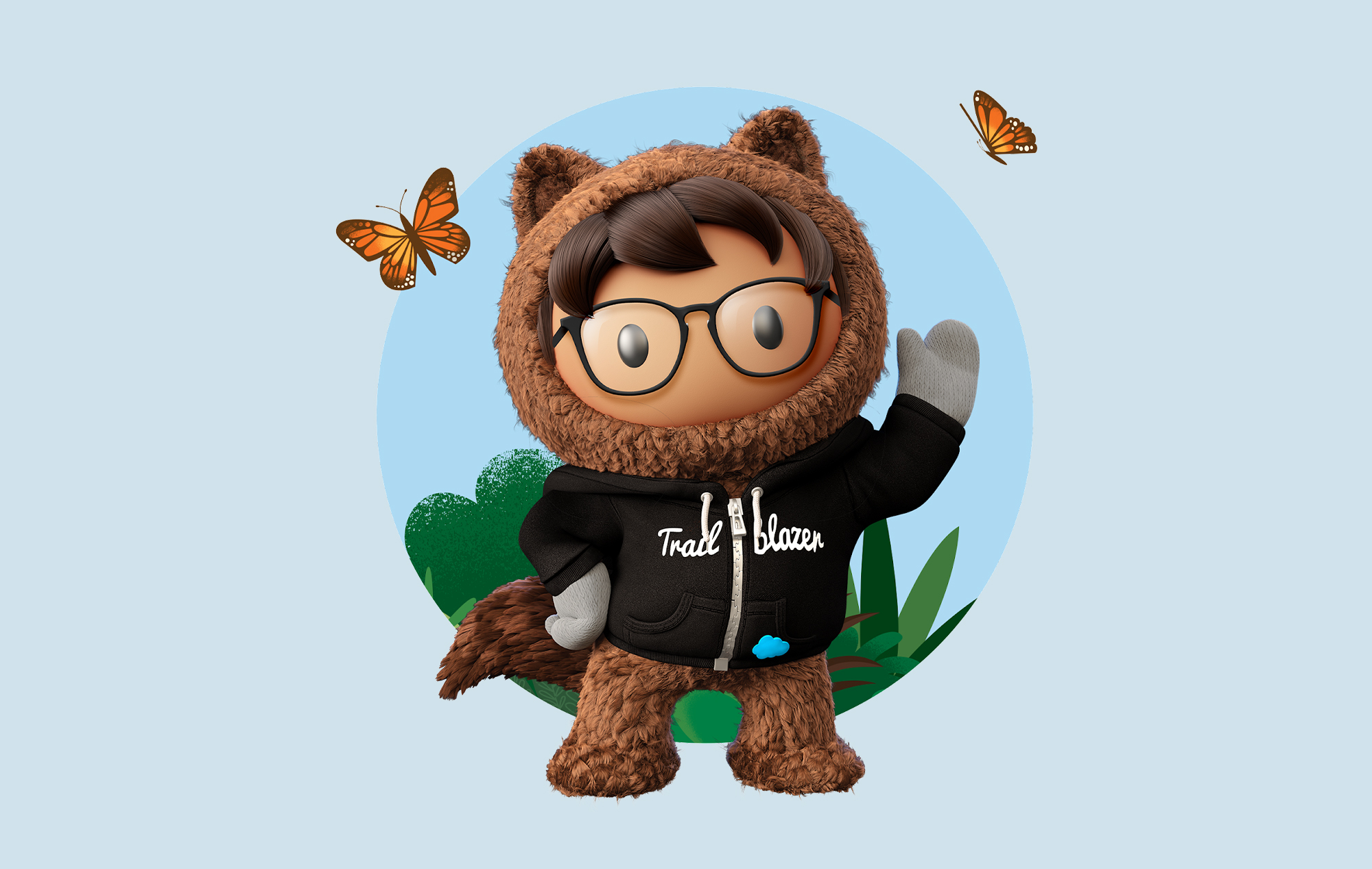Toby Hervey was only 11 when he started helping out at the family dog-grooming business, but even then he had an entrepreneurial spirit and knew he wanted to be part of something bigger.
Born and raised in Florida, Hervey ventured north to Georgetown University where he received an International Politics/Business Diplomacy degree.
After graduating from the prestigious Washington, D.C university, he worked at various Manhattan-based technology start-ups, ranging from social media app TimeHop, to off-price ecommerce portfolio company Gilt Groupe, and then as a founding member of Pager, a mobile platform for telehealth services.
It was during his stint at Gilt Groupe where Hervey met his eventual business partner, Sarah Sheehan. With backgrounds in telehealth and human resources, respectively, the pair joined forces in 2017 to establish Bravely, which they describe as “A new kind of employee benefit in support of workplace health.”
Available as a mobile app, Bravely’s mission is to connect employees with professionally trained “coaches” for confidential conversations regarding workplace challenges, such as preparing for a performance review or contending with bullying and harassment.
Cultural Changes
In a 2018 video interview with #NasdaqSpotlight, Hervey discussed the difficulties addressing ever-changing workplace communications.
“Situations and challenges at work are tough to talk about,” Hervey says. “And in those moments, in the Bravely app, you can connect with a professional coach outside of the workplace and have a confidential conversation to prepare you to go forward and tackle whatever situation you might be facing.”
In the same interview, Hervey explained how Bravely was borne from a phone call he had with a friend following an argument she had with her boss.
“I told her it would be better for her to talk with someone who was experienced in working through workplace issues,” he said. “So I joked with her and said: ‘You need HR telemedicine!’”
Hervey immediately reached out to Sheehan, a longtime friend and experienced human resources professional who had previously helped him navigate workplace challenges.
“She had always been the best person for me to talk to,” Hervey said. “So we sat down, and I said to her: ‘I am always going to you for advice, so how can we get more people this type of access?’”
Why Bravely?
Even from its 2017 inception, Bravely was already ahead of its time. With its platform built on assisting workforces and employees with day-to-day issues and challenges, the company was readily equipped to help employees struggling with the fallout from the COVID-19 pandemic last year, which led to furloughs, large-scale unemployment and uncertainty about people’s future prospects.
At the time of the 2018 NASDAQ interview, Hervey and his team already recognized a workforce evolution, which would change even more drastically in 2020.
“I think we’re part of a distinct movement where workplaces have dramatically changed, Hervey said in the interview. “People’s relationships about how they work has also changed, and we want to be part of healthy cultures to support learning and development holistically.”
Employee wellness platforms such as Bravely are even more critical with increased digital communications and remote and distributed workforces. It also encourages employees to be vocal about workplace issues, such as discrimination, bullying, or any other inappropriate behaviors.
“It’s increasingly important for people to speak up about the things we need to speak about,” Hervey explained in the Nasdaq interview. “Whether that’s about the #MeToo movement, or anything else that’s currently in the headlines. Having healthy conversations in the workplace is very important, and we are definitely in that moment in time.”
Hervey says many of Bravely’s users identify as members of underrepresented groups, such as people of color and the LGBTQ community. Part of the app’s mission is to also help these individuals convey and build confidence to effectively move forward in their careers.
“One of the most rewarding things about Bravely is that our professionals love what they do,” Hervey says. “They are helping people to find the courage to tackle whatever they might be facing.”






Leave a Comment